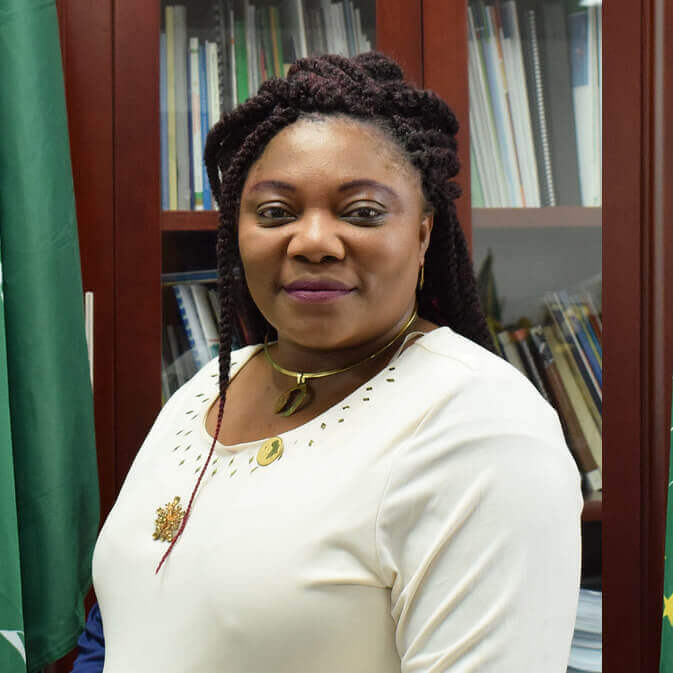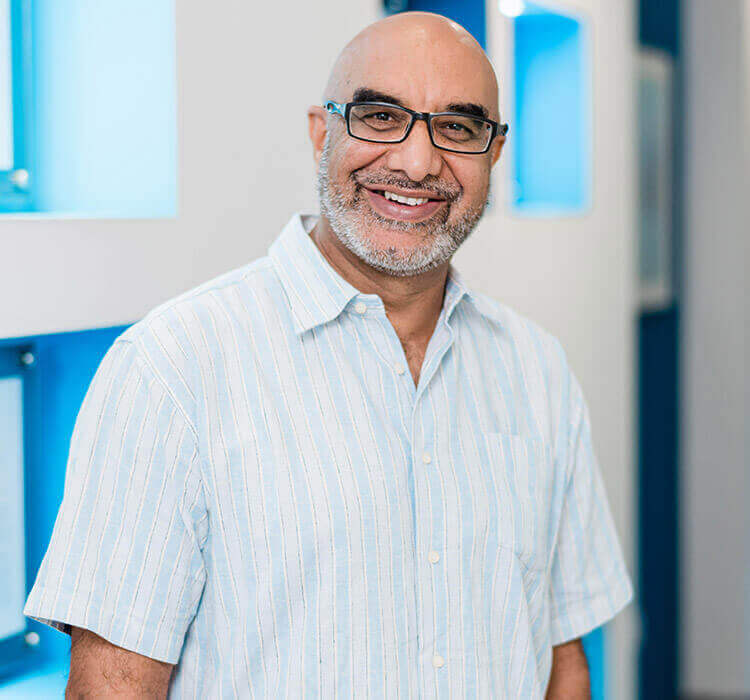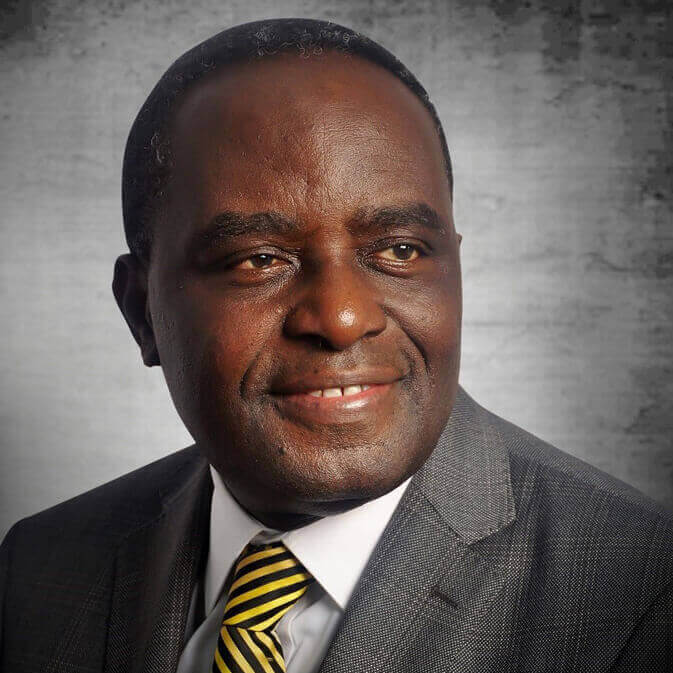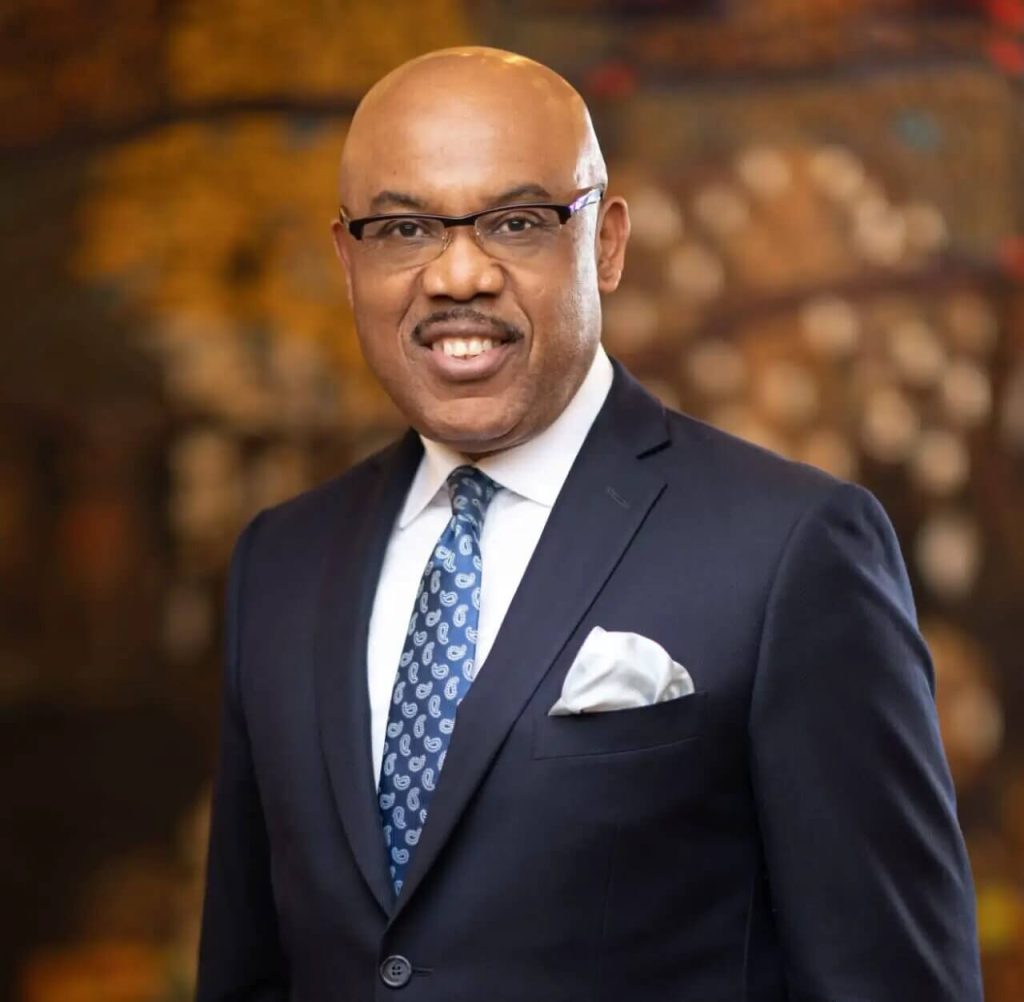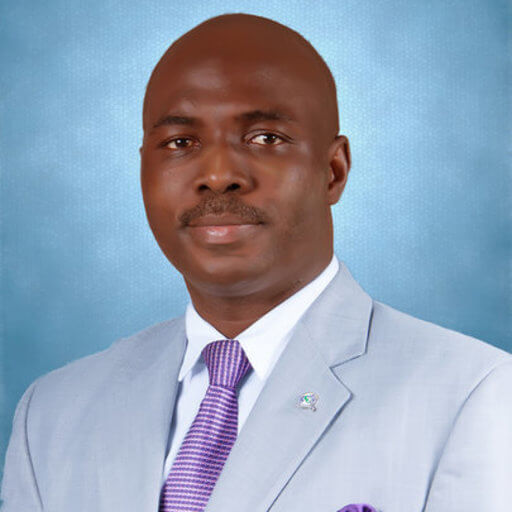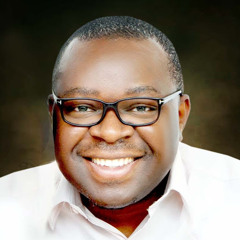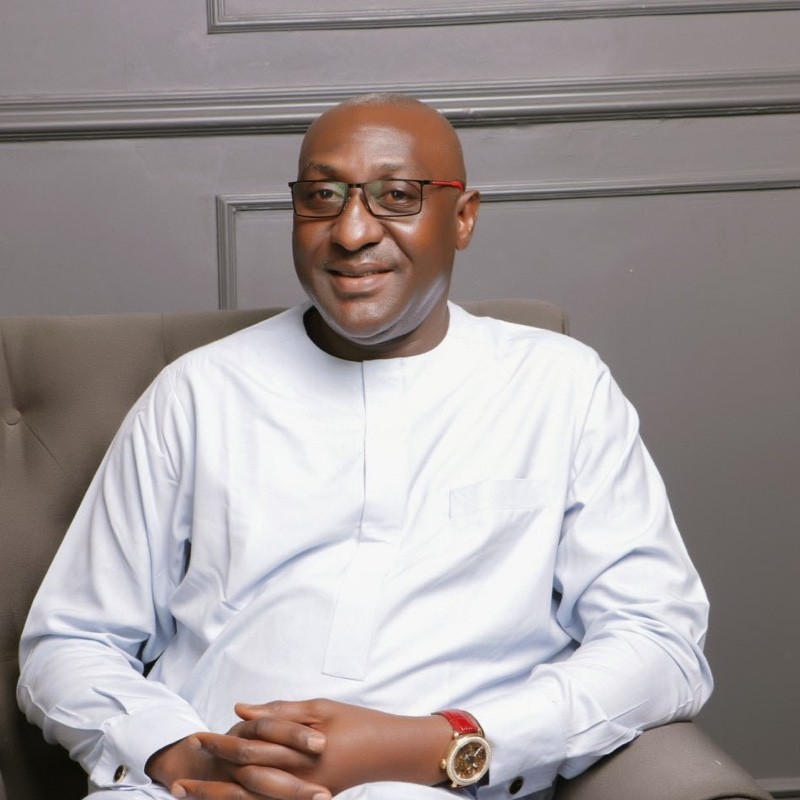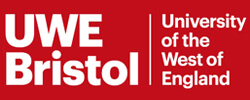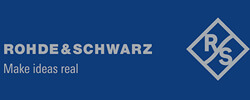About us
Our Mission: Forum for Innovation in African Universities (FIAU) is the foremost knowledge exchange platform for University-Industry Partnerships in Africa. FIAU attracts and engages leaders of universities, businesses, government agencies and the third sector to influence and shape higher education agendas in Africa.
The FIAU is a global forum for intellectual debate, knowledge exchange and networking. Established in 2021 in response to the adverse effects of the Covid-19 pandemic on Africa’s higher education sector, it is a fully independent not-for-profit platform with no ties to any political ideology or interest group.
Although Africa defied global predictions of a higher prevalence of COVID-19-related mortality, it however bears the brunt of the socio-economic impact of the disease. COVID-19 has undone several decades of social and economic progress and left lasting scars in every sector across the region. Unlike in other parts of the world, weak technological infrastructures forced most African universities to cut off millions of students from accessing learning at a crucial stage in their life development. Even before COVID-19, there have been serious questions about the quality, funding, and employability of African graduates. Many graduates languish in dead-end informal jobs from which there seems no escape. The negative impacts of these challenges and the human capital loss to Africa may never be fully known.
But we believe that by addressing capacity gaps, including strengthening governance and technological systems, African universities can bounce back by integrating technology into learning. Inspired by this belief and our firm understanding that these challenges can be reversed, we founded the Forum for Innovation in African Universities.
At the heart of our mission is working closely with highly reputable global and regional partners to pull resources to support African universities to innovate, raise standards and improve their graduates’ employability. Our primary aim is to create opportunities that enable African universities to build more resilient and accessible learning infrastructures using the power of technology and innovation.
Much has changed in Africa following the Dakar 2015 Summit on Higher Education. There has been a concrete move towards establishing a harmonised African Credit Transfer System (ACTS). The issue of accessibility is getting a serious attention through the emergence of a new era of innovative universities with a focus on entrepreneurship and graduate employability. There is also an unrelenting commitment towards raising quality through curricula review.
Meanwhile, about 25% of estimated 12 million graduates from African universities obtain formal jobs every year. The rest are either unemployed or underemployed. To compound matters, many graduates struggle to compete with their global counterparts in a rapidly changing world in which technological advances are disrupting our lives in unpredictably complex ways. Across these challenges, the most damaging is the gap between labour market needs and the skills attained by graduates.
With these challenges, it is easy to be pessimistic about the state of Africa’s higher education. Yet, in many ways, there have been remarkable achievements in the sector that one can be proud of. But inequality in access, low enrolment rate and graduate skills gaps continue to cast a shadow over the sector. Each of these challenges and related consequences require a new set of impetus. One with the dynamism and capacity to bring together people who have the power to push forward ideas, build trust, and mobilize resources to drive a bold vision of innovation and change.
As an independent not-for-profit pan-African initiative for accelerating higher education innovation through University-Industry partnerships, the FIAU provides a motivating platform for all higher education stakeholders – academia, business, government, and the third sector – to come together to tackle these challenges.
Founders
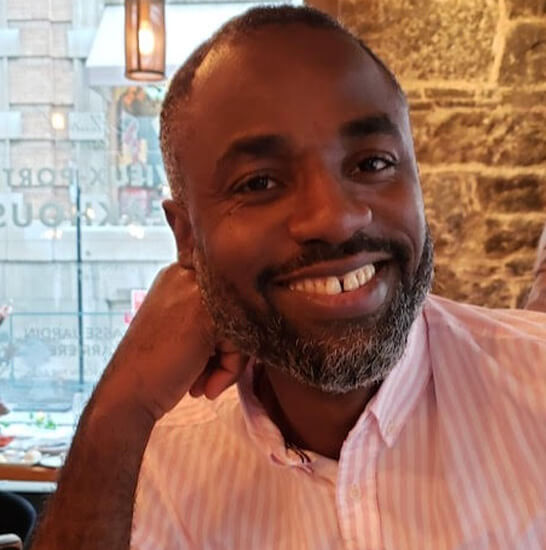
Paschal Anosike (PhD, SFHEA FRSA)
Founder
Paschal’s priority is to eliminate capacity issues facing Africa’s higher education sector. He holds joint professorships in knowledge exchange and entrepreneurship at UK and Nigerian universities and has worked with over 30 organisations to develop their innovation and start-up ecosystems. He has consulted for and advised the African Union, the EU, GIZ and UNDP. He currently advises the London-based global think-tank – The Legatum Institute (LI) and was among the pioneers of the publication of the Africa Prosperity Index (API) report launched in 2019 at the World Economic Forum. In 2020, he was elected a Fellow of The Royal Society of Arts. Paschal is published in top-tier scientific journals. His latest work: Entrepreneurship and Sustainable Development in Africa won the 2022 Sage Social Justice Global Book Award.
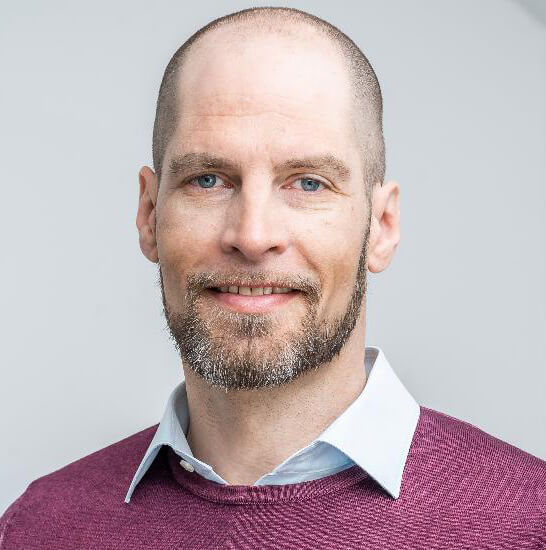
Klaus Schneider (MBA, StB)
Cofounder
Klaus is the Executive Partner of Schneider & Schäffer, a tax consulting company based in Bavaria, Germany that works with all sizes of private companies and wealthy individuals. The consulting services aim to optimize financial and fiscal issues leading to success. Experienced financial consultant and strategic business adviser and founder, Klaus have consulted more than a thousand companies from entrepreneurial start-ups to publicly listed multinational groups of companies. He founded and co-founded more than twenty business organisations in various industries like real estate, construction, sales services, renewable energy and the IT sector.

